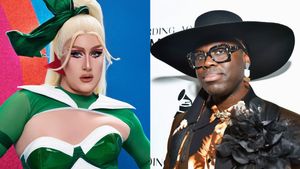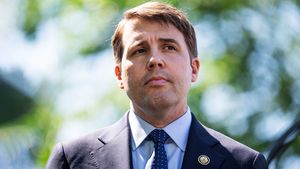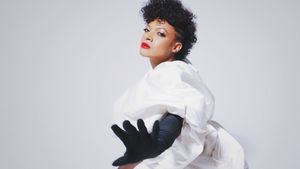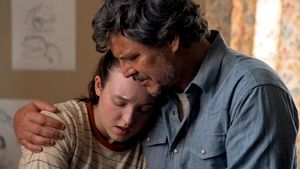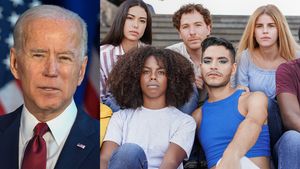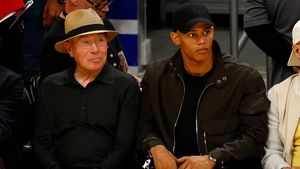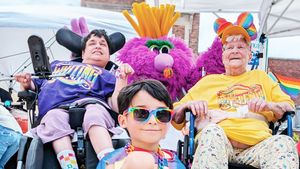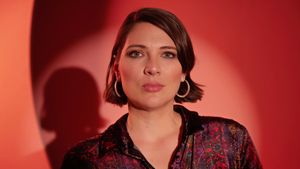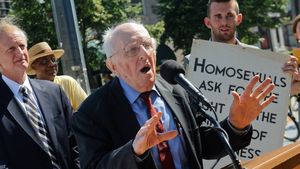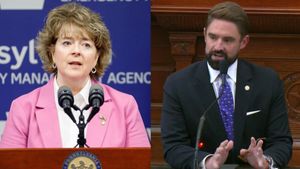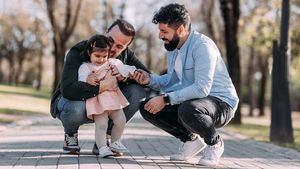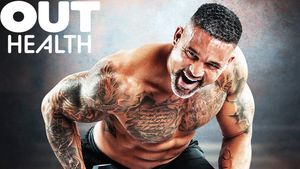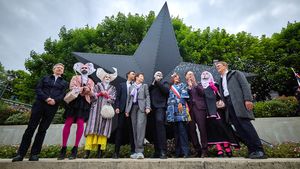With a concerning wave of book bans being implemented by school boards across the United States, LGBTQ+ people have been left wondering how to fight back against conservative groups to protect access to information about gender, sexuality, and race.
Werecently sat down with Jonathan Friedman, director of free expression and education at Pen America, a nonprofit organization that works to defend free expression through the advancement of literature and human rights, to discuss the nature of these book-bans, and how to combat them.
Q: The study talks about the 50 groups that are responsible for a majority of book bans. What kind of tactics are they using to push these policies to school boards?
A: Around the country, we’re talking about groups that have formed online, some of them with greater funding, some of them with greater organization, and they employ a pretty standard set of tactics: They have a list of books that they want removed from the districts. They show up at school board meetings to put pressure on school leaders to remove those books, and they often highlight the explicit passages from the books out of context that they believe make those books unreadable. We’ve also seen intimidation in some cases, different forms of political pressure from some people in elected office who are also sending emails to school boards, investigating lists of books, etc. It’s not that any of these activities aren’t first amendment protected, but just that in the absence of any kind of pushback to those tactics, the result is that school boards across the country are giving into the demands and removing the books right away.
We’ve seen Florida pass its ‘Don’t Say Gay’ law, and much of the argument is that parents have a right to protect their children. What do you say to that argument?
I think that we have to understand that school districts serve a diverse public, which means that schools have kids in them that are the children of same-sex parents. Schools have some students who are LGBTQ themselves, so [they] need to celebrate and affirm all of their students. These bills that are being put in place in school districts across Florida, in particular, are extremely alarming. They’re trying to make schools essentially unwelcoming to this particular portion of students. What kind of message does that send to them?
One of the book ban groups claims that the January 6 attack was a set-up. It also claims that there is a "Black Lives Matter and LGBTQ assault" on schools. How much of a role does racism and homophobia have in the rise of these book bans?
I think there is a big field of activity in different groups. It’s not really accurate to say 'all the groups are racist' or 'all the groups are homophobic.' You might believe that many of those people and individuals involved have those inclinations, but actually, these are people or groups largely who say different kinds of things, but have all settled on this idea that they have a shared or common aim, which is to remove a set of beliefs, representations, and identities. There’s really a range of ways in which groups have different ideologies, and yet they all have settled on schools are the problem, libraries are the problem, young people need to be controlled, and our duty is essentially to put pressure on schools to conform to our particular ideological beliefs.
Once these policies are in place and once a book is banned, how hard is it to get a book off of a ban list?
Well, it has happened. Some of the times we’ve seen official bans, that really mean a total permanent ban, a lot of the time, books are actually kind in an indefinite space. There are investigations of some kind that will remove them while the district wanted to exercise some extra scrutiny because usually, someone complained about them. And so a lot of those books actually do end up back on the shelves, or they do go back into libraries, and that’s a positive thing. Some people don’t like that we are calling those bans, but our definition really is focused on the diminished access to literature in its most expansive sense.
There are some unofficial book bans that are growing-- One being the so-called ‘Hide the Pride’ campaign, people checking books out of the library and not returning them, so that others don't have access to them. Is that correct?
Oh yes. I think about and track things that are amenable to counting – you can count book bans by a certain definition. You can count bills that target discussions about LGBTQ identity in schools and come up with a number. Beyond those, it doesn’t mean that there aren’t other forms of alarming censorship – targeted, discriminatory censorship – it’s just some of them are a little more difficult to count. One thing that we’ve seen as well, you mentioned ‘Hide the Pride,’ it’s not talking about school libraries, it’s talking about public libraries. And one of the arguments I’ve seen all the time is people aren’t trying to ban books, they’re just removing books in schools. But then you see things like ‘hide the pride,’ and it’s all about public libraries.
Moving in the direction of a solution, what can be done on a local, national, federal level to protect access to books in school or libraries?
For me, this is about due process and about certain principles that should guide and protect student rights. That means we should be able to say in schools that you can’t just complain about a book and make that turn into a removal or restriction on that book. There ought to be a process for that complaint. there ought to be a way in which it is adjudicated; it shouldn’t necessarily happen immediately at the drop of a hat. And fundamentally, people should be reading the books, talking about them, understanding the purpose of a library. The library isn’t there to serve any one person’s political or ideological views, it’s meant to be relevant to students, and the best people whose job is to help determine that, are librarians. Unfortunately, their professional discretion and expertise has been undermined.
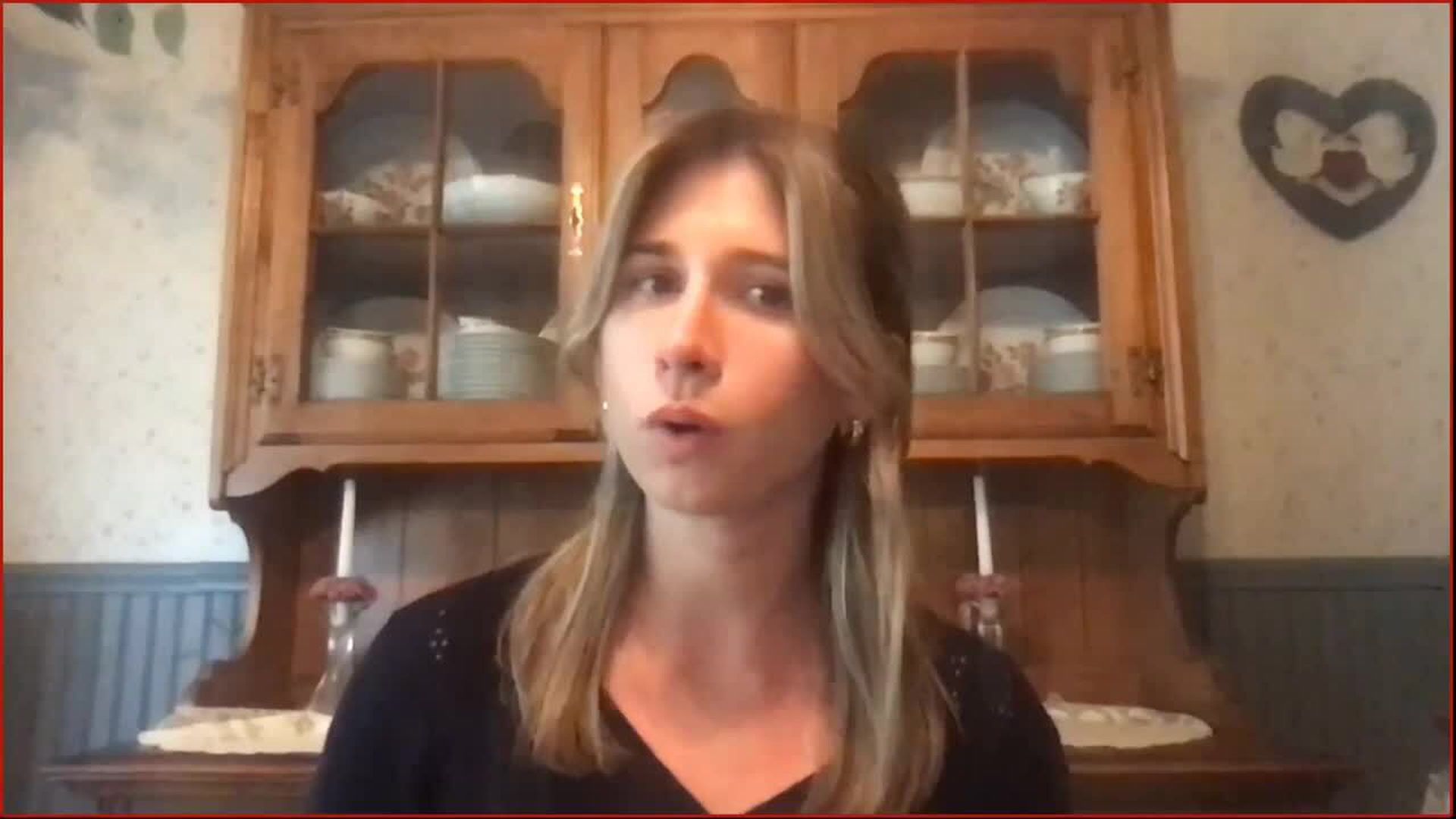
Additional reporting by Ryan Adamczeski.
- Marvel Vows to Change Comic Book Character After Backlash From ... ›
- Pride Spotlight: Marco Calvani - Advocate Channel ›
- Lisa Vanderpump Honored with Hollywood Legacy Award For ... ›
- Dwyane Wade Speaks Out on Anti-Trans Laws - Advocate Channel ›
- Anne Frank Book Pulled From Florida Schools Over Scenes Featuring Attraction to Women | AdvocateChannel.com ›
- Diane Seuss Asks Former High School Not to Ban Books | AdvocateChannel.com ›
- Book Bans Were Implemented in Record Numbers in 2022, How Can We Fight Back? | AdvocateChannel.com ›
- VINCINT on Why Queer Self-Love is Revolutionary | AdvocateChannel.com ›
- This LGBTQ+ Transportation App Is Changing the Game | AdvocateChannel.com ›
- Illinois Becomes First State to Ban Book Bans | AdvocateChannel.com ›
- How NiK Kacy Is Bringing Prom to Queer Adults Who May Not Have Gotten One | AdvocateChannel.com ›
- TikTok Star Eli Rallo on Dating in Your 20s & Upcoming Book 'I Didn't Know I Needed This' | AdvocateChannel.com ›
- Sarah Huckabee Sanders Sued by Librarians Over Arkansas Book Bans | AdvocateChannel.com ›
- LGBTQ+ Fiction Sales Soar Despite Book Bans ›
- Gretchen Whitmer and Garlin Gilchrist Say: LGBTQ+ People Can Find 'Safety' in Michigan ›
- 'Maus' Author Art Spiegelman Deeply Concerned About 'Authoritarian' Book Bans ›
- U.S. Students Aren't Reading For Fun Anymore ›
- Barrack Obama Slams 'Profoundly Misguided' Book Bans ›
- Book Bans Hit 27-Year High — Most Against LGBTQ+ Material ›
- Mom of NYC Gay Bar Homicide Victim John Umberger Has a Message For the LGBTQ+ Community ›
- LeVar Burton Leads Celebrity Campaign Against Book Bans ›
- Sarah Ann Masse Opens Up About Coming Out as Bisexual, Accepting Herself, Curls and All ›
- Tuesday's Top Stories: Don't Ask Don't Tell Revisited, Mississippi River Runs Low, Writer Strike Ends ›
- Dianne Feinstein, California Democratic Senator, Dead at 90 ›
- Just 11 People Are Responsible For 60% of Book Ban Requests ›
- This Book Shows Nonbinary Identity & Joy to Grade-Schoolers ›


